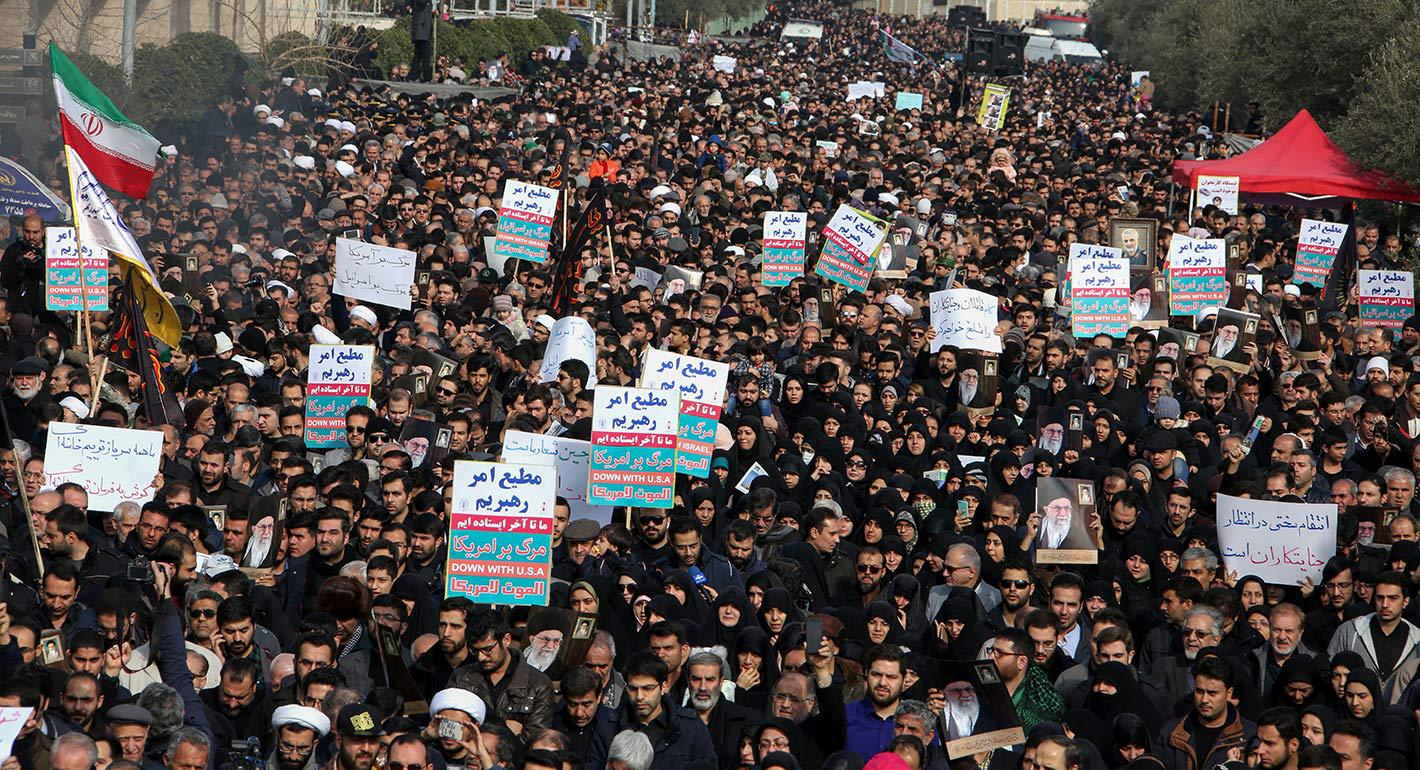By assassinating Iranian Quds Force commander Qassem Soleimani as well as Iraqi deputy commander of the Popular Mobilization Forces Abu Mahdi al-Muhandis, the United States has significantly upped the ante in what was already a dangerous game with Iran. Chafing under strong pressure from U.S. sanctions, Iran and its proxies have taken increasingly provocative steps over the last few months: attacking Saudi oil production, military facilities with U.S. personnel, and most recently the U.S. embassy in Baghdad. Can the momentum be halted or reversed just as it is on the verge of spinning out of control?
Diplomacy Deferred
In several Middle East military conflicts—particularly in Afghanistan, Iraq, Libya, and Yemen—there were moments early on when conflict might have been defused by deft U.S. diplomacy. Yet those opportunities weren’t seized, and not one of those wars has ended in a decisive manner that allowed a victor to impose peace terms. Each conflict has slowly, painfully returned to diplomacy to resolve underlying issues, and on terms that do not differ significantly from what might have been negotiated before thousands of lives were lost. Any war between the United States and Iran would be far more complicated than the others, most likely dragging in regional allies and involving asymmetric warfare around the globe.
A Small Window of Opportunity
The moment for diplomacy to avert a disastrous conflict between the United States and Iran is within the next few days. This is not a question of compromising with terrorists or of making concessions in response to brutality. It is in both U.S. and Iranian interests to preserve the option of diplomacy to resolve the outstanding issues (Iran’s regional interventions and nuclear program, U.S. sanctions) before tragedy ensues. Any strategic calculation that one side’s hand would be significantly stronger after a conflict—for example, the idea in Washington that the Iranian regime might collapse—is most likely incorrect, and in any case, it underestimates the likely costs.
Who Can Help to De-Escalate?
European allies—particularly France, Germany, and Switzerland—and some of the more independent parties in the Gulf, such as Oman, have the best relations with both sides and strongest motivations to avert conflict. They should become active, and receive a fair hearing in Washington and Tehran, in what could be only a brief period before Iran regroups to exact its revenge.





